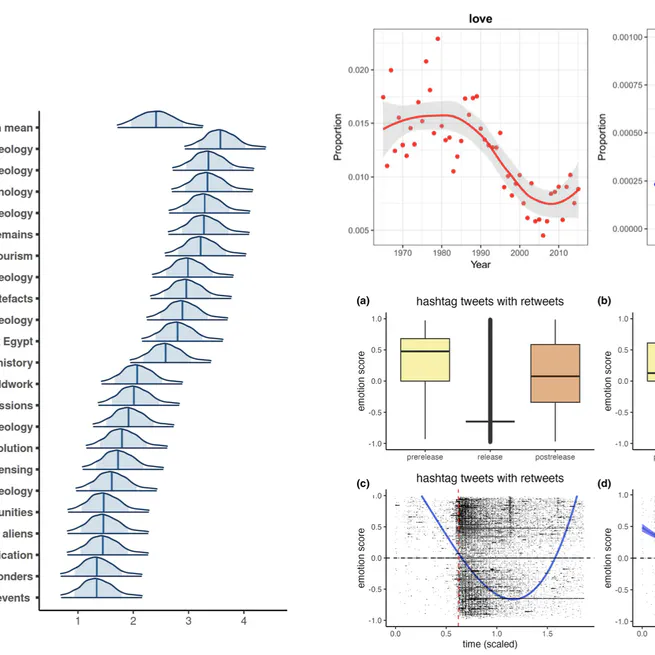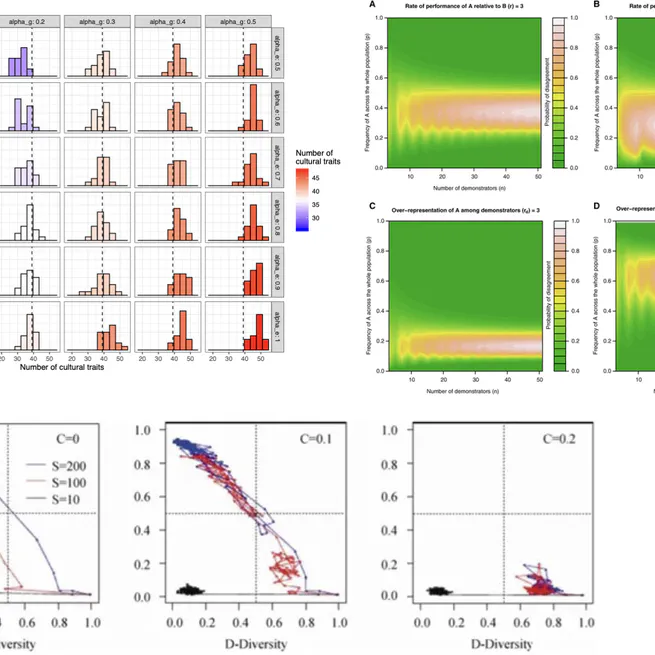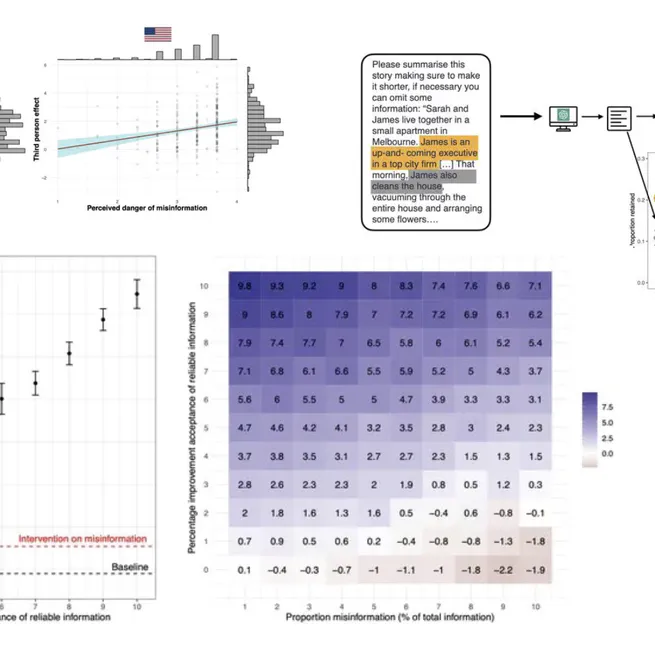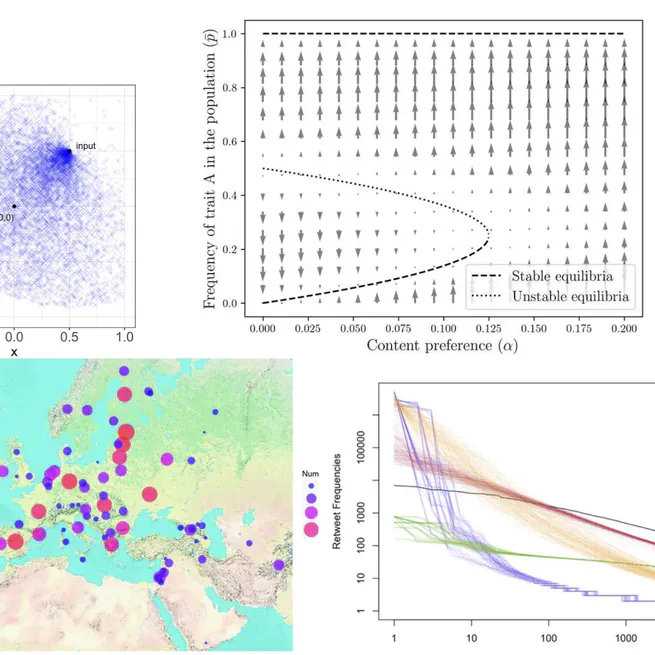
I am interested in analysing large, naturally occurring datasets to investigate human cultural dynamics, especially in modern societies. By “naturally occurring,” I mean datasets that were not created specifically for research purposes (like surveys or census data) but instead represent traces, often digital, of human activity, such as books, songs, movies, or social media interactions.
Oct 6, 2025

I started my academic career as a modeller (in fact, as an artificial life/robotics researcher: this is my first publication ever), and I continue to believe that computational models are a fundamental tool for advancing research in cultural evolution. On the one hand, models are excellent theory-generating machines: they allow to formalise thought experiments and explore their consequences, which is often impossible by intuition alone. On the other hand, models make theories explicit and directly testable by other researchers.
Oct 6, 2025

Since 2015, I have been interested in applying a cultural evolution framework to the study of digital media and digital technology more broadly. In this early paper I outlined some possible areas of investigation, and in this one I explored online misinformation from a cognitive anthropology perspective. I have also studied if and how digital media can boost cumulative cultural evolution, using online fan fiction as a case study, or how content biases may operate differently when the same material is transmitted orally (as in a “telephone game”) versus shared online.
Oct 6, 2025

Much of my work is inspired by the cultural attraction theory framework, developed within the so-called Paris School of cultural evolution. This approach views culture not mostly as something copied and transmitted, but as something continually reconstructed through individual cognition and interaction. When ideas, behaviours, or artefacts are transmitted, they are not reproduced perfectly — they are transformed in systematic ways by our psychological biases, inferential processes, and communicative contexts.
Oct 6, 2025